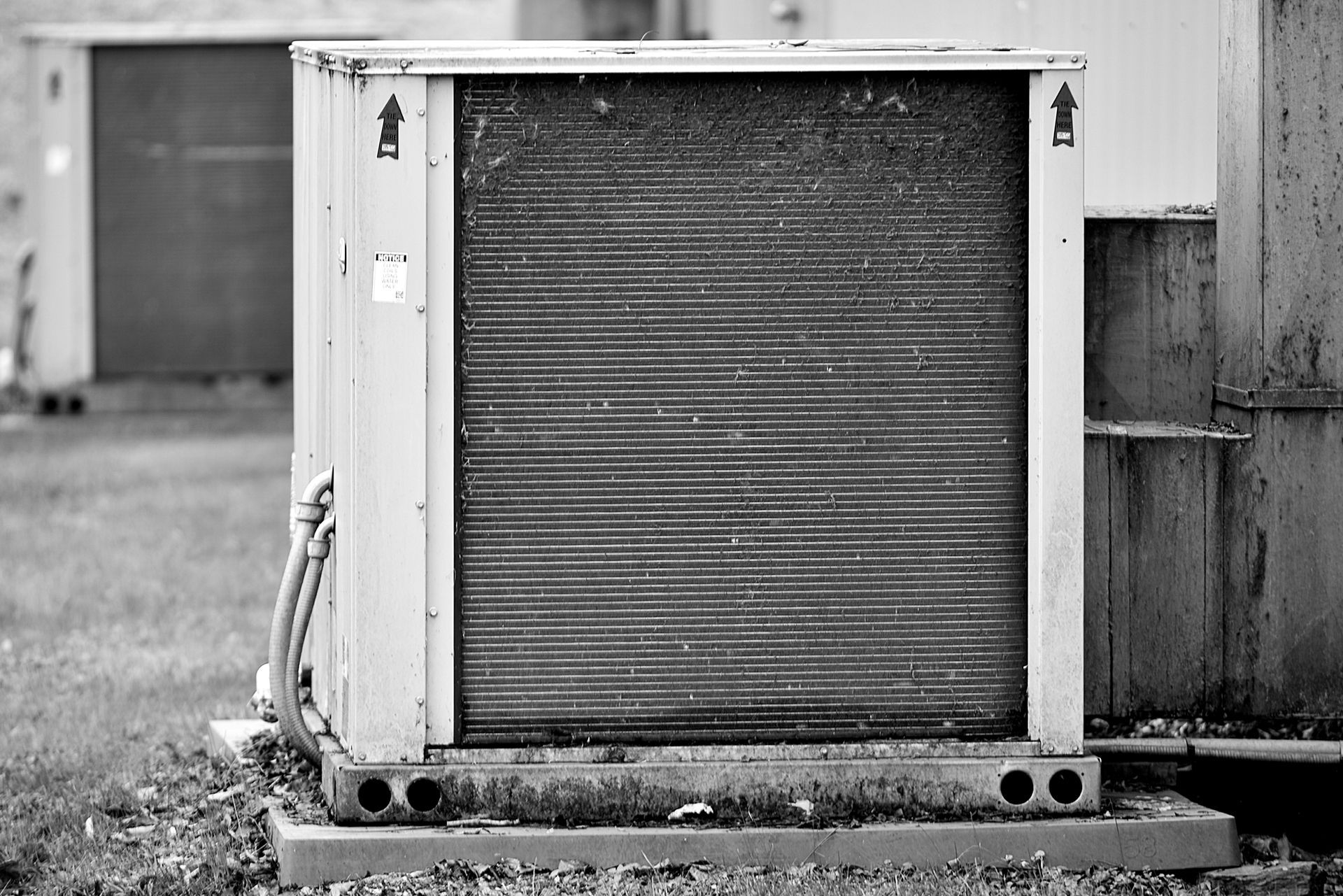Why You Should Invest in an HVAC Maintenance Contract: Top 3 Reasons
Regular maintenance of your HVAC system is not just about ensuring the comfort of your home; it's a crucial part of safeguarding the investment in your heating, ventilation, and air conditioning system. An HVAC maintenance contract can be a game-changer for homeowners, offering several benefits that go beyond the routine check-up. Here are the top three reasons why getting an HVAC maintenance contract is a wise decision:
1. Cost Savings
One of the most compelling reasons to invest in an HVAC maintenance contract is the potential for significant cost savings. Here's how it affects your budget positively:
Reduced Repair Costs: Regular maintenance catches issues before they escalate into major problems, reducing the likelihood of facing expensive repairs down the line.
Energy Efficiency: A well-maintained HVAC system runs more efficiently, consuming less energy and thereby lowering your utility bills. Small adjustments made during routine maintenance can improve energy efficiency, leading to noticeable savings over time.
Extended System Lifespan: Regular check-ups and fixes can extend the lifespan of your HVAC system, postponing the substantial cost of system replacement.
2. Improved System Performance and Comfort
An efficiently running HVAC system directly impacts your home's comfort and air quality:
Consistent Temperatures: Regular maintenance ensures that your system distributes air evenly and maintains consistent temperatures throughout your home, eliminating hot or cold spots.
Better Air Quality: Maintenance includes cleaning or replacing air filters, inspecting ductwork, and checking the system's cleanliness. This not only improves the air quality by reducing pollutants and allergens but also enhances the overall performance of your HVAC system, making it easier to breathe and enjoy your indoor space.
Reliability: Knowing that your HVAC system has been professionally inspected and maintained gives you peace of mind. You can trust that your system will work reliably, especially during extreme weather conditions when you need it the most.
3. Priority Service and Convenience
Having an HVAC maintenance contract often comes with perks that make the service even more worthwhile:
Priority Service: Contract holders typically receive priority scheduling for maintenance visits and repairs. This means if your system breaks down, especially during peak seasons, you'll be at the top of the list for service calls.
Reminder Services: It can be easy to forget about scheduling maintenance visits. Most companies that offer maintenance contracts will keep track of this for you, reaching out to schedule your bi-annual maintenance visits at the appropriate times.
Comprehensive Service Records: With a contract, your HVAC provider maintains a history of all services performed on your system, allowing for a more tailored and efficient service experience. This comprehensive history can also be valuable for warranty claims and when assessing the health and longevity of your system.
Investing in an HVAC maintenance contract is not just about fulfilling a routine maintenance checklist; it's about securing a partnership that ensures the longevity, efficiency, and reliability of your heating and cooling system. The peace of mind, cost-saving benefits, and enhanced performance of your HVAC system make the maintenance contract a worthwhile investment for any homeowner. Prioritizing your home's comfort and your system's health through a maintenance contract will always be a smart choice for the savvy homeowner.






